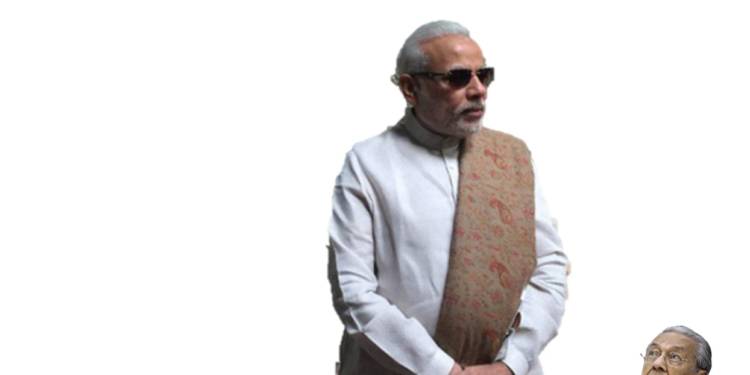It seems that there is no end in sight for the plight of Malaysian Prime Minister Mahathir Mohamad. Little did he know that his tirade against India at the United Nations General Assembly (UNGA) would have had such dire consequences. At a time when India is seriously planning to restrict Malaysia’s palm oil exports, Mahathir has warned Malaysians of possible trade sanctions imposed by ‘superpowers’ on export-reliant Malaysia.
Mahathir Mohamad, while addressing a press conference in Kuala Lumpur stated that “Unfortunately, we are caught in the middle,” referring to the U.S.-China trade war. “Economically we are linked to both markets, and physically we are also caught in between for geographical reasons. There are even suggestions that we ourselves would be a target for sanctions.”
As the world is witnessing rising protectionism amidst the US-China trade war, Mahathir refrained from mentioning the source of possible sanctions on the Southeast Asian country but said he was disappointed that proponents of free trade were now indulging in restrictive trade practices on a “grand scale”.
The US and China emerged as the two of the biggest export destinations for Malaysia with Singapore being the top destination for exports. Needless to say, the tariff war between the US and China will have a devastating impact on Malaysia’s economy. At a time when ideally Mahathir should increase exports with Malaysia’s Asian neighbours to cushion the impending blow, he went and ranted against India at the UNGA as Mahathir sided with the revanchist state of Pakistan, thereby alienating India, its third-largest market for palm oil. Although India imports about 9 million tonnes of palm oil annually from Malaysia and Indonesia, Mahathir’s faux pas can lead to India increasing palm oil exports from Indonesia and restricting imports from Malaysia.
Mahathir, just like his Pakistani counterpart Imran Khan also whined about being bullied by powerful nations, referring to a campaign by European countries against Malaysia’s agricultural mainstay of palm oil. The palm oil industry is one of the largest employers in Malaysia and amounts for a whopping 2.8% of Malaysia’s GDP.
Mahathir went on a rant against the European countries by claiming “Having cleared most of their forests and refusing to reduce their noxious emissions, they now try to impoverish the poor by preventing them from clearing their forest for living space and earning a living.” The European Union passed an act earlier this year to phase out palm oil from renewable fuel by 2030 due to deforestation concerns.
The US-China trade war and the European Union’s move to phase out palm oil will have a devastating impact on the country’s economy and now Mahathir’s faux pas has led to India doing the same to its bvulnerable palm oil industry.
India’s threat to restrict palm oil imports from Malaysia has the potential to cripple the latter’s economy as the Modi government is planning substitute Malaysian palm oil, which makes a major portion of imports from Malaysia with trade of around 3.9 million tonnes in just the first nine months of 2019 making India the largest buyer of palm oil from Malaysia, with supplies of edible oils from countries such as Indonesia, Argentina and Ukraine.
Restricting imports from Malaysia would not create a shortage of edible oils in India either as Indonesia is eager to sell more and more palm oil and India could also increase imports of soy oil from Argentina and sunflower oil from Ukraine to offset any drop in palm oil shipments. This approach could devastate Malaysia’s palm oil industry.
Realising the possible consequences of locking horns with India, “If the (Indian) government launched a boycott or something like that, then we will have to work diplomatically or reduce the kind of action that they have taken,” Mahathir has said.
Even the Malaysian media has slammed Mahathir and now he realises the possibility of sanctions is very much real and hence is trying to warn his citizens of the implications of being on the opposite side of India.

























